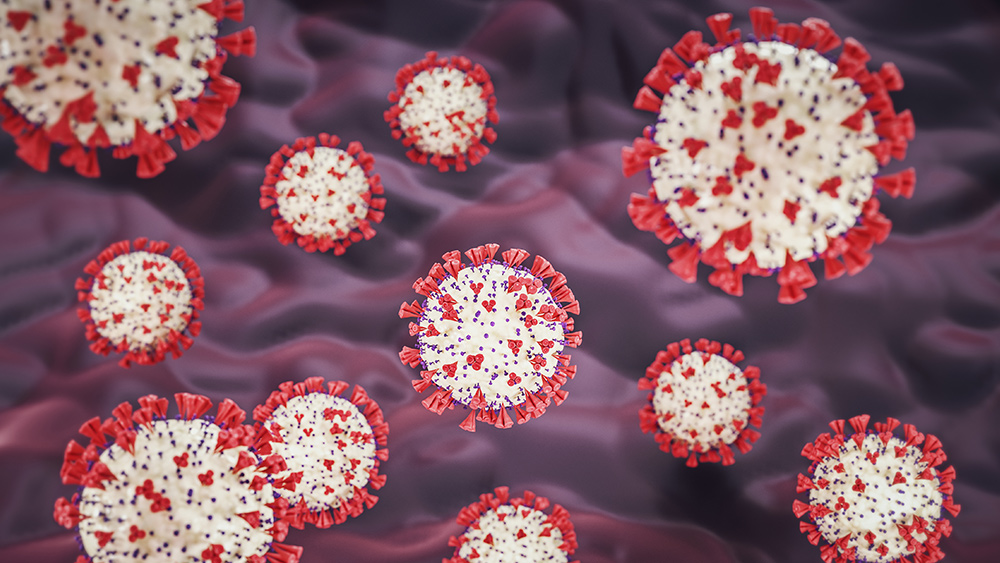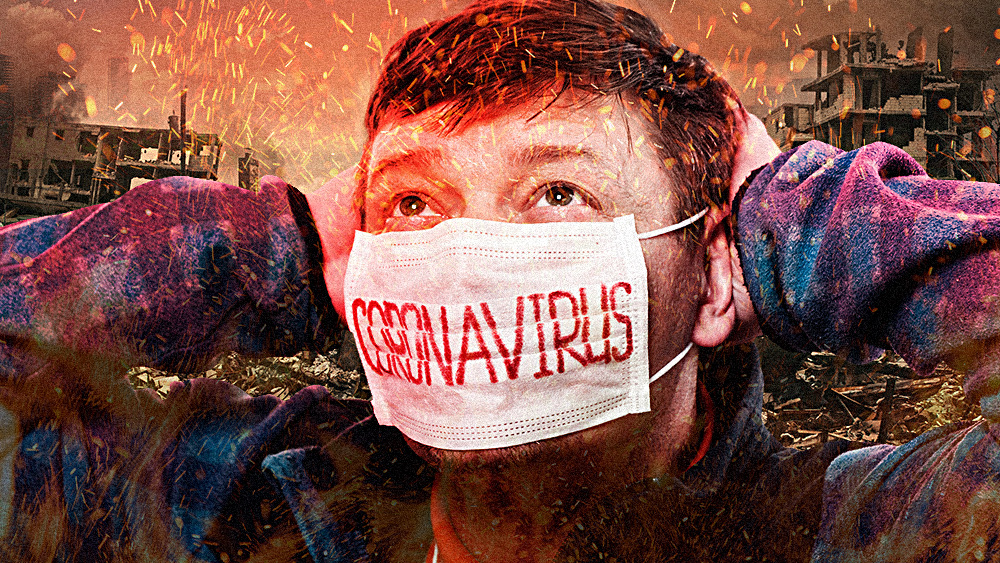Protect yourself from coronavirus-fueled global food shortages by planting your garden RIGHT NOW
04/23/2020 / By Arsenio Toledo

The United Nations has warned that the coronavirus crisis could provoke massive food shortages around the world. Fortunately, with foresight, you can save your family and yourself from this looming catastrophe by stocking up on food quickly.
The global coronavirus pandemic has made governments all over the world enact measures to limit the spread of the virus, such as national lockdowns. While these and other quarantine measures are having a positive effect on the spread of the deadly virus, it has also forced governments to try and figure out how to gather harvests when people aren’t allowed to leave their homes.
For example, Kazakhstan, one of the world’s biggest suppliers of wheat flour, has banned all exports; and Vietnam, the third largest exporter of rice in the world, has temporarily suspended export contracts to safeguard the country’s own supplies.
As either the coronavirus pandemic worsens or local and national authorities maintain lockdown policies, these food shortages might get worse. Even if the crisis were to be solved, it would take a while before global food supply chains return to normal.
As shelves in groceries all over the country get supplied with fewer and fewer food items, the best way to counteract the possibility of suffering from a food shortage is to stock up on as much food as you possibly can right now. (Related: There’s no such thing as “panic buying,” only rational people wisely stocking up on strategic supplies in anticipation of further disruptions.)
Stock up on meat now
As food supply chains get disrupted, meat shortages are going to be a reality in the near future. Many shops are already having difficulty restocking their shelves with different kinds of meats. In Worthington, Minnesota, a pork plant shut down after an outbreak of COVID-19 among its workers. The pork produced in that plant represented around 10 percent of the United States’ hog slaughtering capacity. Other meat producing plants all over the country have already shut down, such as a pork slaughtering plant in Sioux Falls, South Dakota, which accounted for four to five percent of total hog processing in the United States, a poultry plant in Georgia and a beef plant in Colorado.
These kinds of plant shutdowns are going to be more common across the country as outbreaks spread. So, the next time you head out to your grocery store, consider stocking up on as much meat as your freezer can carry.
If you’re well-versed in meat preservation techniques such as canning, curing, smoking and brining, you may even be able to buy more than what your refrigerator can hold, provided you have enough space on your property to safely store the preserved meats.
Start planting a garden
The food supply chain concerns won’t just affect meat production, it will affect fruit and vegetable production as well. In fact, the food distribution networks across the United States are already being affected. One farm in California had to destroy nearly 350 acres filled with romaine lettuce due to a lack of buyers. The owner of the farm estimates that he lost over $1.46 million dollars’ worth of crop. Analysts have estimated that California farmers have lost up to $285 million worth of produce due to the crisis, and that consumers may begin feeling the drop in food supplies quickly.
Meat alone won’t make for a healthy diet. You will need fruits and vegetables as well. But, if grocery stores aren’t able to supply your needs, you will need to turn to gardening to keep your family and yourself healthy and well fed.
According to homesteaders, the two best types of vegetables that first-time gardeners should plant are fruit crops, such as tomatoes and cucumbers, and veggies that are grown for their leaves, like spinach and lettuce. Take into account the amount of space you have for your garden as well. Tomatoes, peppers, eggplants and lettuce won’t require as much space to grow as other vegetables like squash, cucumbers and melons.
Also consider vegetables with high caloric content, like corn and potatoes, which can keep your household comfortably above its recommended daily caloric intake.
The world is going through a difficult time. If you stock up on meats and plant your backyard garden now, you can keep yourself and your family from starvation as much as possible. Not being prepared during a crisis is a mistake you can’t afford to make.
Sources include:
Tagged Under: coronavirus, covid-19, emergency, food collapse, food security, food shortage, food supplies, gardening, grocery, home gardening, homesteading, meats, outbreak, pandemic, panic, preparedness, prepper, prepping, SHTF, starvation, stockpiling, superbugs, supermarkets, supply chain, survival, sustainable living



















